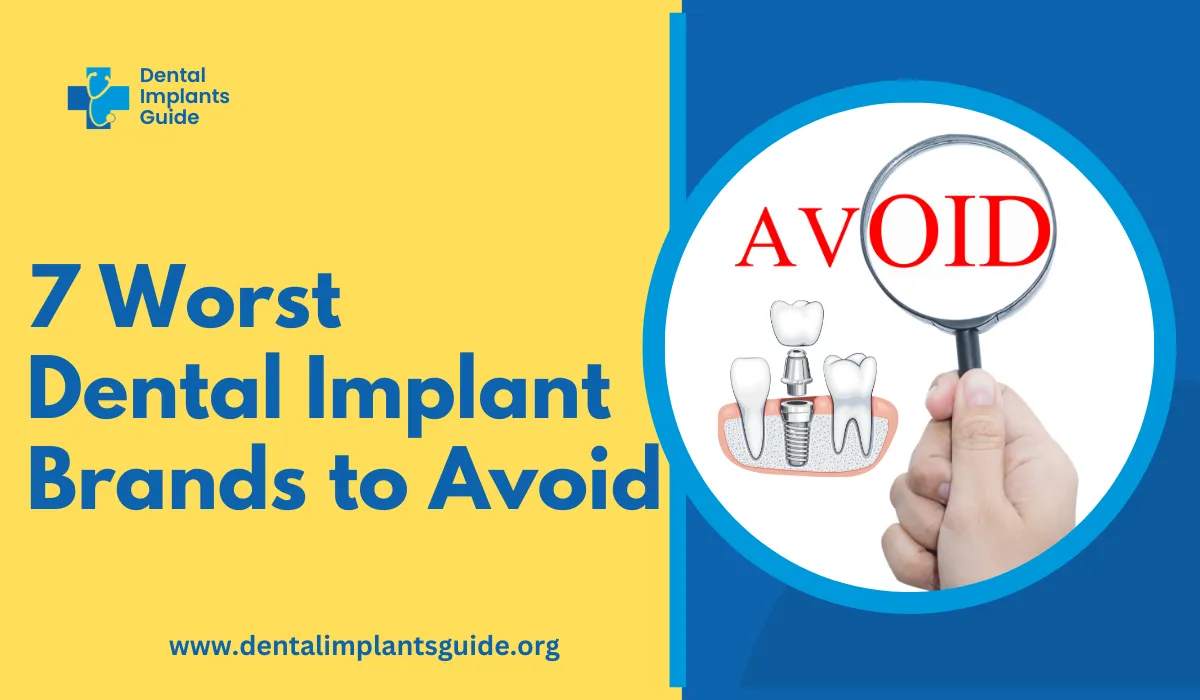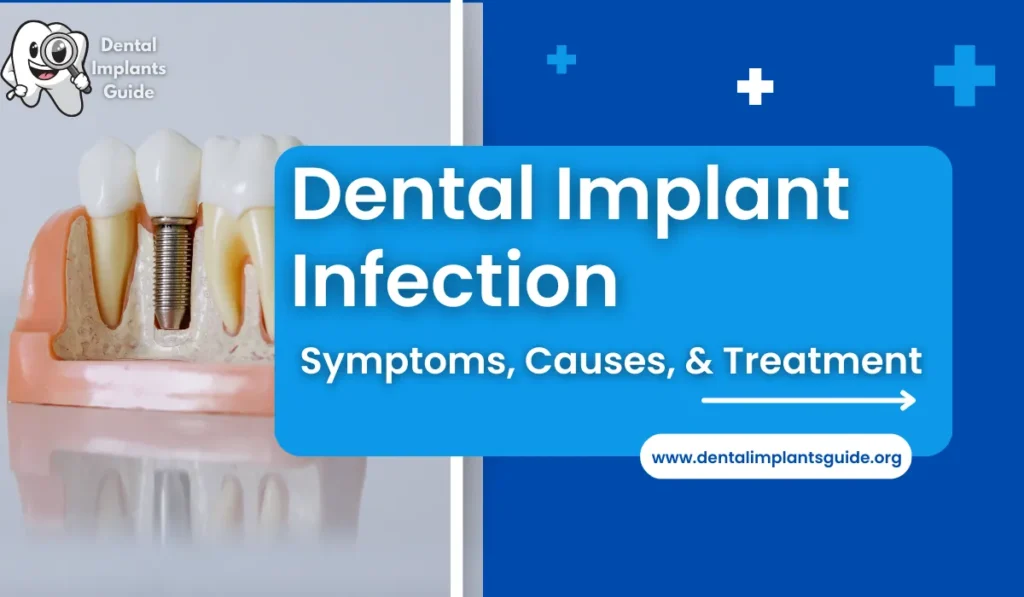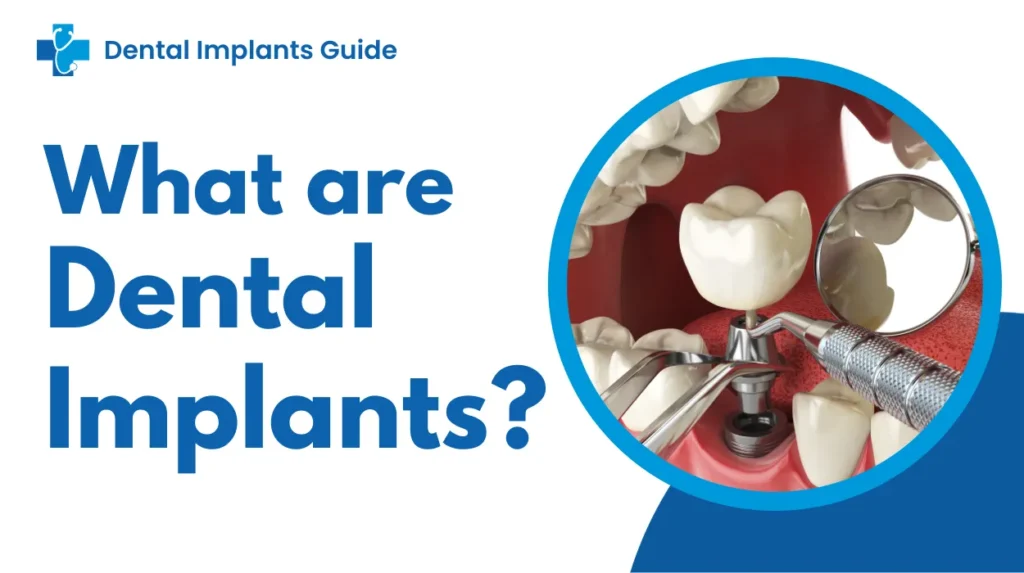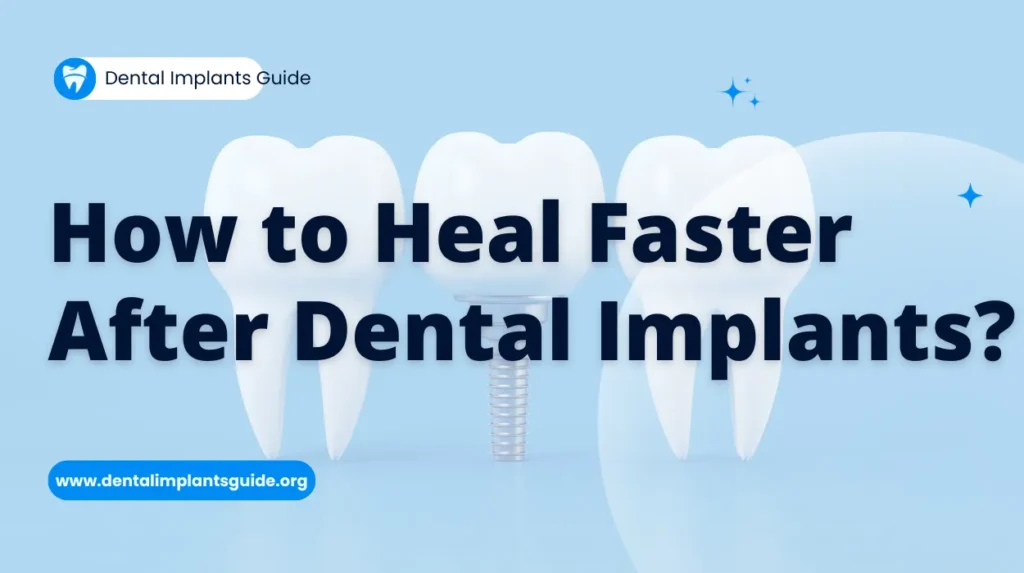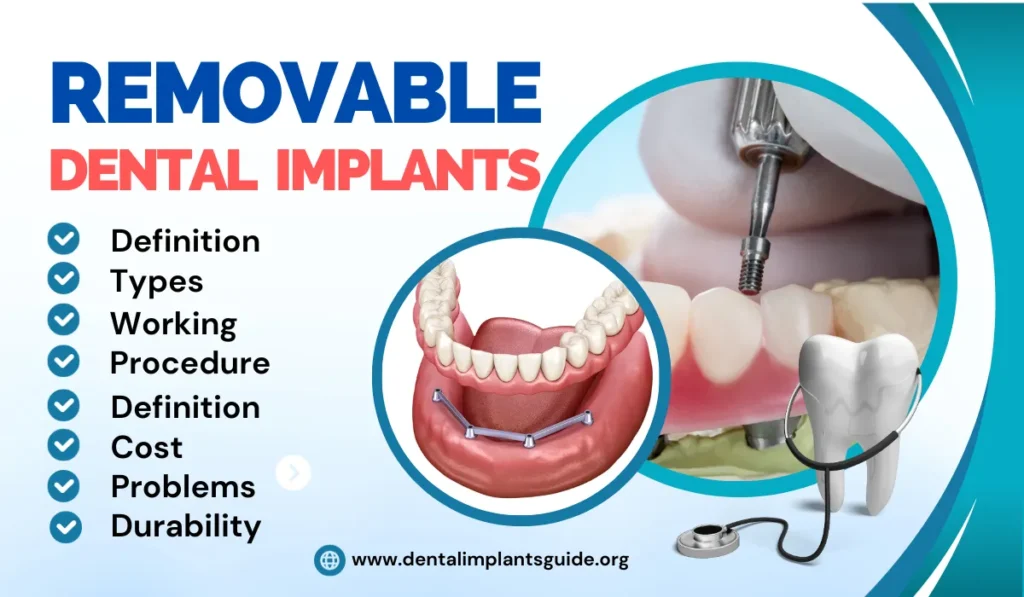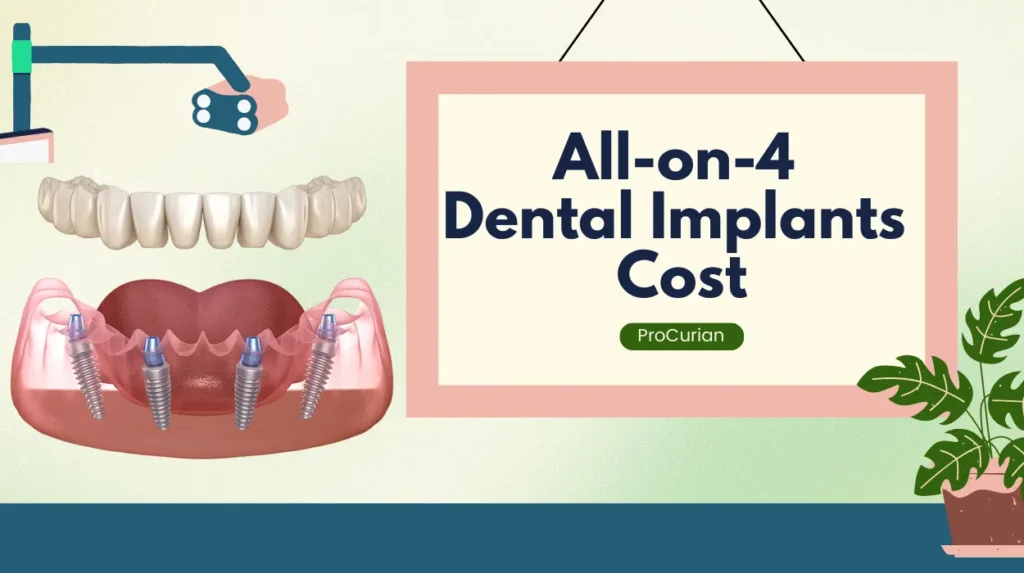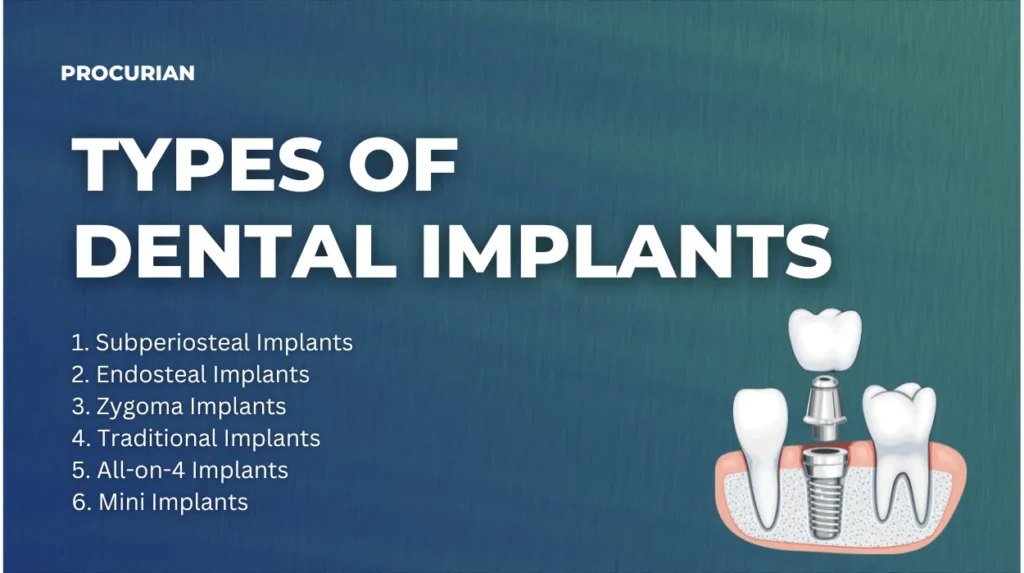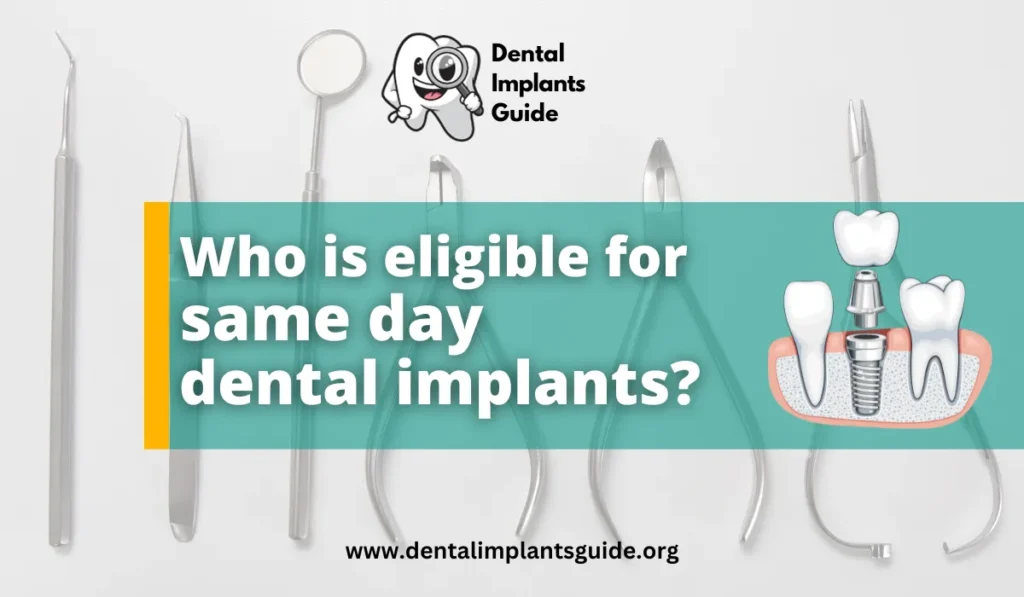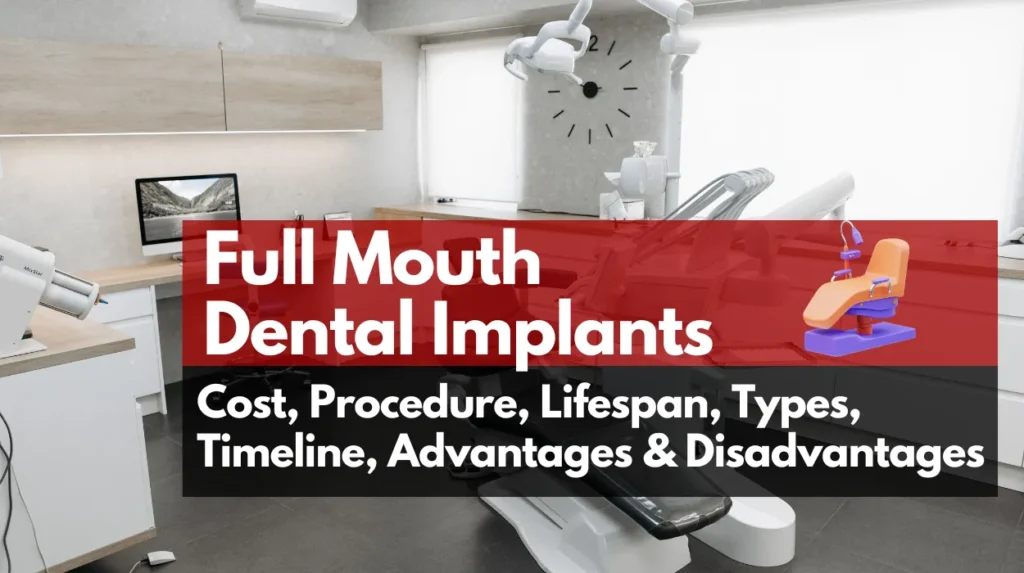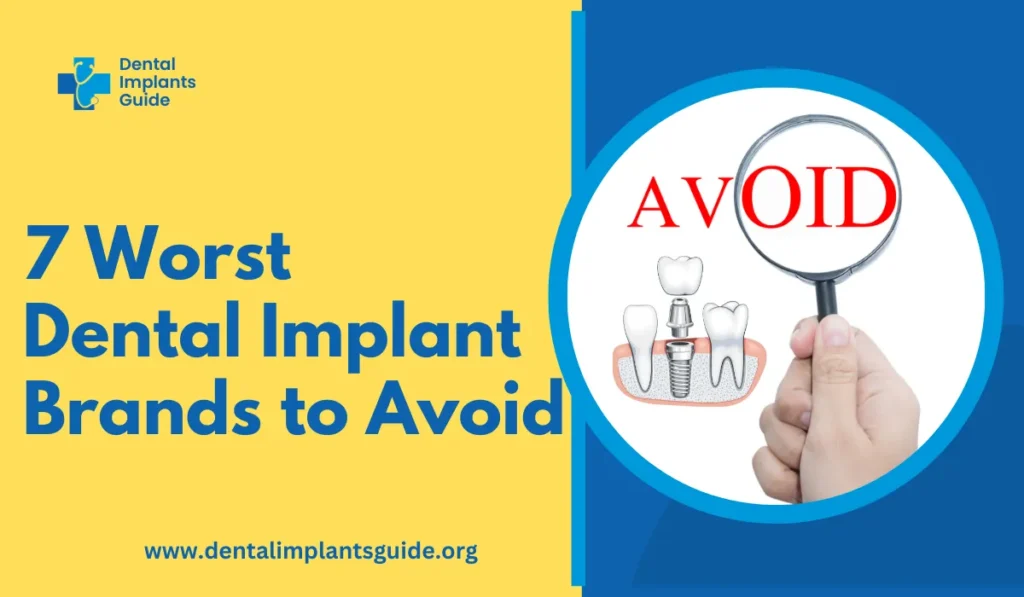
Are you considering dental implants? If so, it’s important to choose a high-quality brand. However, not all dental implant brands are created equal. Some brands have been linked to a higher risk of failure and complications.
Dental implants are an excellent way to replace missing teeth while also improving the appearance of your smile. However, choosing the best brand of dental implants for your needs is critical. Some dental implant brands are better than others, while others should be avoided at all costs.
We’ll look at some of the dental implant brands to avoid in this blog post. We’ll also explain why you should avoid these brands and recommend better alternatives.
Why Is Choosing the Right Dental Implant Brand Important?
Dental implants are a long-term investment in your oral health. They should last a lifetime with proper care. But if you choose an inferior implant brand, you might face complications such as implant failure, infection, or discomfort.
Here are some reasons why selecting a reputable brand matters:
- Durability ➔ Quality dental implant brands use top-notch materials like titanium, which is known for its strength and biocompatibility.
- Compatibility ➔ Reputable brands design their implants to work seamlessly with your natural teeth and jaw structure.
- Longevity ➔ A well-made implant should last decades, sparing you the hassle and expense of frequent replacements.
7 Dental Implant Brands To Avoid
Here are some of the dental implant brands that you should avoid:
1. BioHorizons
BioHorizons is a dental implant company that has been criticized for its high failure rate. After receiving numerous complaints about BioHorizons’ implants failing, the FDA issued a warning letter to the company in 2012.
2. Dentium
Dentium is yet another dental implant manufacturer that has been warned for its high failure rate. The FDA issued a recall for Dentium implants in 2015 after receiving reports that they were causing serious health issues such as infections and bone loss.
3. OCO Biomedical
OCO Biomedical is a company that manufactures mini dental implants (MDIs). While MDIs can certainly be a viable option for some patients, it’s worth noting that OCO Biomedical has run into a number of issues with its products.
The FDA issued a warning letter to OCO Biomedical in 2016 due to concerns about its MDI marketing practices. This letter cited a number of regulatory violations, including claims that the company’s MDIs were both safe and effective for a wide range of applications without providing the necessary scientific evidence to back up such claims.
4. 3M
3M is an American company that manufactures a variety of products, including dental implants. However, 3M is not a well-known dental implant company, and there is not much clinical data available on the long-term performance of its implants.
5. Alpha Bio Tec
Alpha Bio Tec is an Israeli dental implant company that has been linked to a number of lawsuits alleging that its implants caused serious health problems. In 2011, Alpha Bio Tec was ordered to pay $30 million to a woman who claimed that one of its implants caused her to lose her jawbone.
6. Hiossen Implant
Hiossen Implant is a South Korean dental implant company that has been criticized for its lack of clinical data. In 2014, a study published in the International Journal of Implant Dentistry found that Hiossen Implant implants had a higher failure rate than other brands.
7. MegaGen Implant
MegaGen Implant is a South Korean dental implant manufacturer that has been criticized severely for a lack of clinical data. A study published in the Journal of Prosthetic Dentistry in 2018 discovered that MegaGen Implant implants failed at a higher rate than other brands.
Common problems with low-quality Dental implant brands
1. Infection Risk
Low-quality dental implants might not be made with materials that prevent infection well. This means you could end up with more infections around the implant site.
2. Loosening or Failure
These implants may not hold up as well, so they might loosen or even fail. That’s not just painful, but it can also lead to more infections.
3. Difficulty in Repair
Low-quality implants can be tough to fix when something goes wrong. This can make your dental visits and costs pile up.
4. Uncomfortable Fit
Ill-fitting implants can cause discomfort, making it hard to eat and talk. And this discomfort can also lead to infections.
5. Short Lifespan
Low-quality implants may not last as long as high-quality ones. You might find yourself needing replacements sooner, which can be a real hassle.
Better alternatives to the dental implant brands to avoid
If you are considering dental implants, it is important to choose a brand that has a good reputation and a low failure rate. Here are a few better alternatives to the dental implant brands to avoid:
- Straumann
- Ankylos
- Astra Tech
- Bicon
- Camlog
- ITI
- Xive
These brands are all known for their high-quality dental implants and their low failure rates.
How to Identify Reputable Dental Implant Brands?
| Criteria | What to Look For? |
|---|---|
| FDA Approval | Ensure the brand has FDA approval for safety and efficacy. |
| Positive Patient Reviews | Read reviews and testimonials from satisfied patients. |
| Experienced Professionals | Seek recommendations from experienced dentists or oral surgeons. |
| Longevity of the Brand | Established brands with a history of success are preferable. |
| Transparent Warranty and Support | Look for clear warranty terms and accessible customer support. |
Does dental implant brand matter?
Yes, dental implant brand do matter. Good dental implant brands have been tested and proven to work well. They’re made with high-quality materials that your body won’t reject. Plus, dentists are usually more familiar with reputable brands, which can make the whole process smoother.
What is the safest type of dental implant?
The safest type of dental implant is one that is made from a high-quality material and is placed by an experienced dentist.
The two most common types of dental implants are made from titanium and zirconia. Titanium is a strong and lightweight metal that is well-tolerated by the human body. Zirconia is a white ceramic material that is also very strong and durable.
Which type of dental implants has the highest success rate?
The type of dental implants with the highest success rate is endosteal implants. These implants are surgically placed into the jawbone and fuse with the bone over time. Endosteal implants have a success rate of over 95%.
What is the best bone quality for dental implants?
The best bone quality for dental implants is dense and thick. This type of bone provides the best support for the implant and allows it to fuse with the bone most easily.
Bone density is measured using a scale called the Hounsfield unit (HU) scale. The higher the HU score, the denser the bone.
For dental implants, a bone density of at least 30 HU is ideal.
Bone thickness is also important for dental implants. The thicker the bone, the more space there is for the implant and the less likely it is to fail. A bone thickness of at least 10 millimeters is ideal for dental implants.
What are the newest dental implants?
The newest dental implants are constantly being developed, but some of the most promising new technologies are:
- 3D-printed dental implants ➞ 3D printing can be used to create custom-shaped dental implants that perfectly fit the patient’s jawbone. This can help to improve the success rate of implant surgery and reduce the risk of complications.
- Smart dental implants ➞ Smart dental implants are equipped with sensors that can monitor the implant’s health and performance. This data can be used by the dentist to identify and address potential problems early on.
- Surface-modified dental implants ➞ Surface-modified dental implants have a special coating that helps to promote bone growth and reduce the risk of infection.
FAQs
What is the best brand of dental implants?
The best dental implant brands include Straumann, Nobel Biocare, and Zimmer Biomet.
What is the best material for dental implants?
The best material for dental implants is titanium. It’s strong, safe, and bonds well with the jawbone for sturdy replacement teeth.
What teeth implants last the longest?
Dental implants made of titanium last the longest. They’re strong and fuse with the jawbone, providing lasting support for teeth.
Final Thoughts
When it comes to dental implants, your oral health is at stake. Choosing the right dental implant brand can make all the difference between a successful, comfortable implant and a regrettable experience filled with complications.
Remember to avoid generic or knockoff brands, overseas manufacturers with questionable quality control, and implants that seem too cheap. Instead, opt for brands with FDA approval, a solid reputation, and good warranty options.
I hope this article has made easier the task of selecting the best dental implant brand for you. Your smile is worth the investment, so make the right decision and you’ll have a lifetime of happy, healthy teeth.
